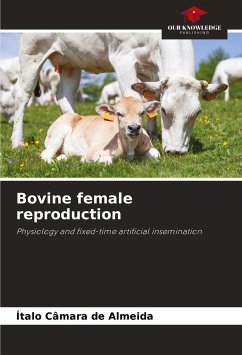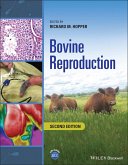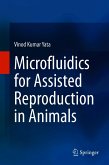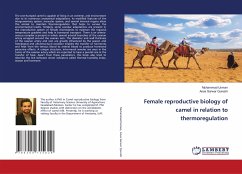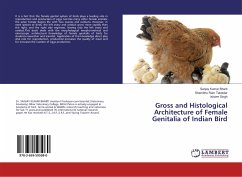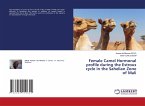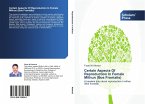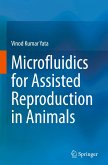Cattle farming has made a name for itself on the national and international markets, both in terms of job creation and profitability and in terms of earning foreign currency, contributing to the balance of trade. However, some factors limiting production make it difficult to achieve better results, such as the low genetic quality of the herd. The introduction of reproductive biotechnologies in cattle farming has been boosting the sector's productivity. In this context we find Fixed-Time Artificial Insemination (FTAI), which allows cows to calve strategically, forming standardised and homogenous batches, reducing the occurrence of reproductive problems and the interval between calving. The practice of IATF is still used in small numbers compared to the size of the Brazilian herd, so this book covers the basic principles of the reproductive physiology of the female bovine, as well as one of the most widespread reproductive biotechnologies in Brazil, fixed-time artificial insemination.
Hinweis: Dieser Artikel kann nur an eine deutsche Lieferadresse ausgeliefert werden.
Hinweis: Dieser Artikel kann nur an eine deutsche Lieferadresse ausgeliefert werden.

